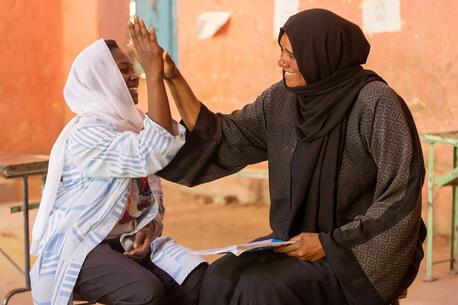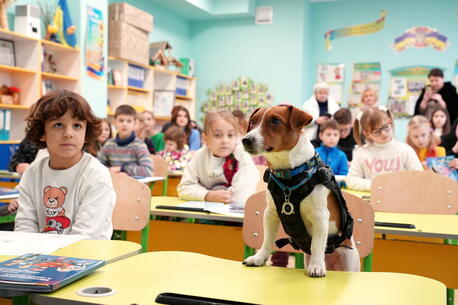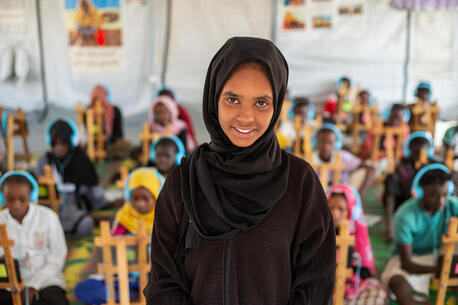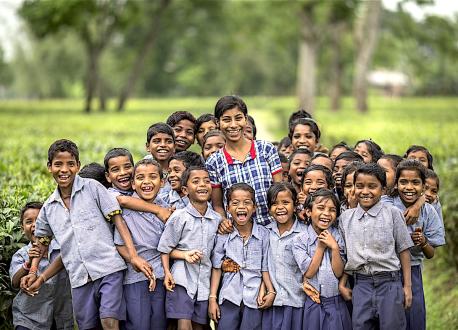
How UNICEF Helped Save Millions of Children's Lives Last Year
Impact and innovation take the lead in UNICEF USA's Annual Report 2016 — from eliminating tetanus in India to speeding up medical testing in Malawi with the help of drones.
Last year, UNICEF worked for children in more than 190 countries and territories. We have an unparalleled commitment to making a real impact in children's lives and futures. We're also determined to find new low-cost, high-impact ways to help children.
In our Annual Report 2016, we share some of these children's powerful stories from around the world. Each child represents one of the many things UNICEF does, including emergency relief; education; nutrition; immunization and healthcare; water and sanitation; and child protection during conflict. You can read their stories below.
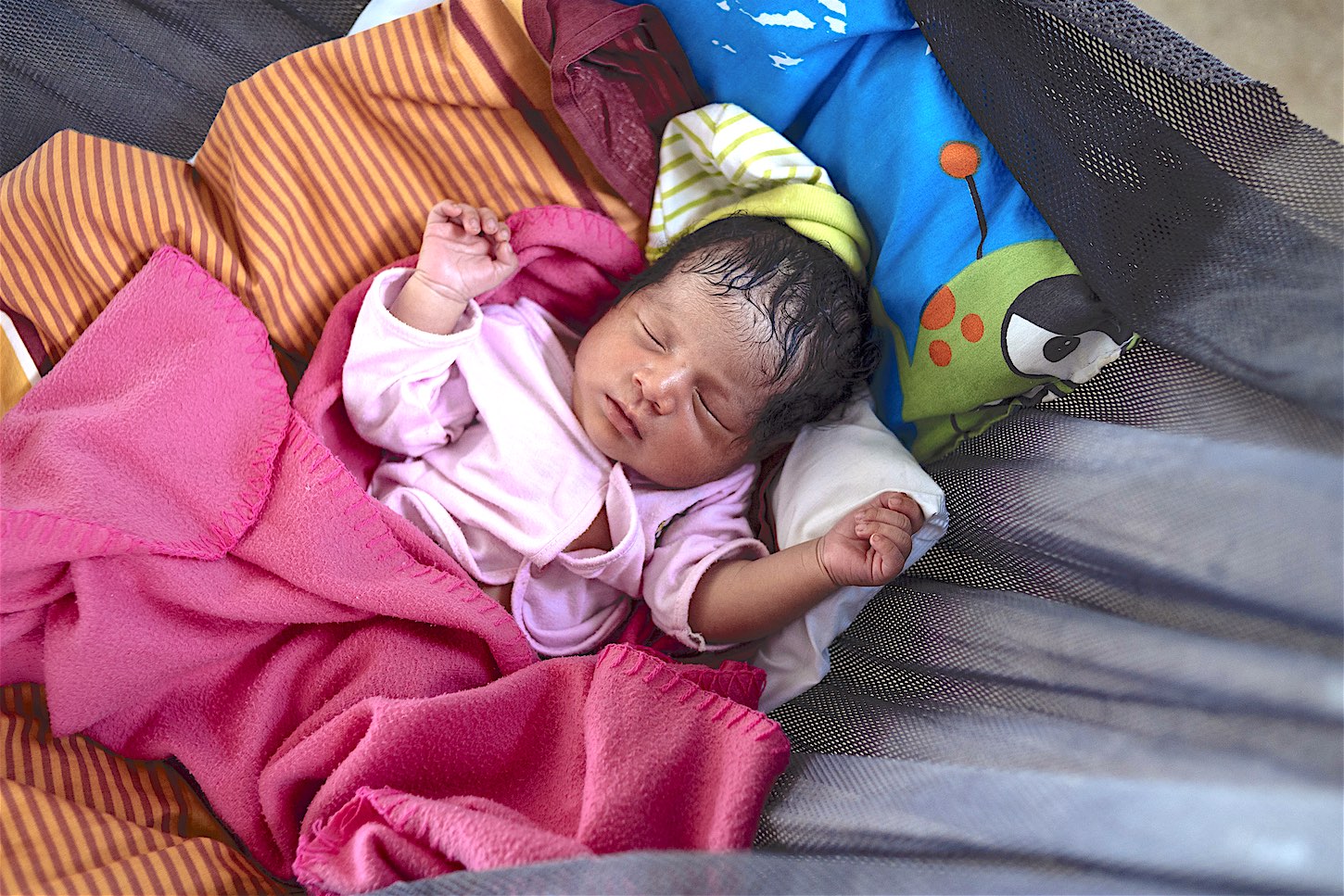 © UNICEF/UN018960/Arcos
© UNICEF/UN018960/Arcos
After Ecuador’s devastating earthquake in April 2016, UNICEF immediately responded, providing safe, clean water and sanitation, protection for orphaned and separated children, health care and nutrition. For babies like Milagro (whose name means “miracle”), born hours before disaster struck, this meant the difference between life and death. She stayed safe in a school turned temporary shelter, napping in a hammock in one of the classrooms. UNICEF continues to support Ecuador’s ongoing recovery efforts. Learn more about Milagro here.
 © UNICEF/UN028720/Tremeau
© UNICEF/UN028720/Tremeau
A violent attack by Boko Haram forced Fatime, 7, and her family to flee northeastern Nigeria. They made their way to Chad, where UNICEF is providing assistance to tens of thousands of people displaced by ongoing violence. Luckily, Fatime’s brothers found her a donkey to ride. “The hardest part was not being able to eat for four days in a row,” says Fatime. Today, she and her siblings have access to clean water and health care. They are also attending a school, for the first time, at a UNICEF-supported refugee camp in Darnaim. Learn more about Fatime here.
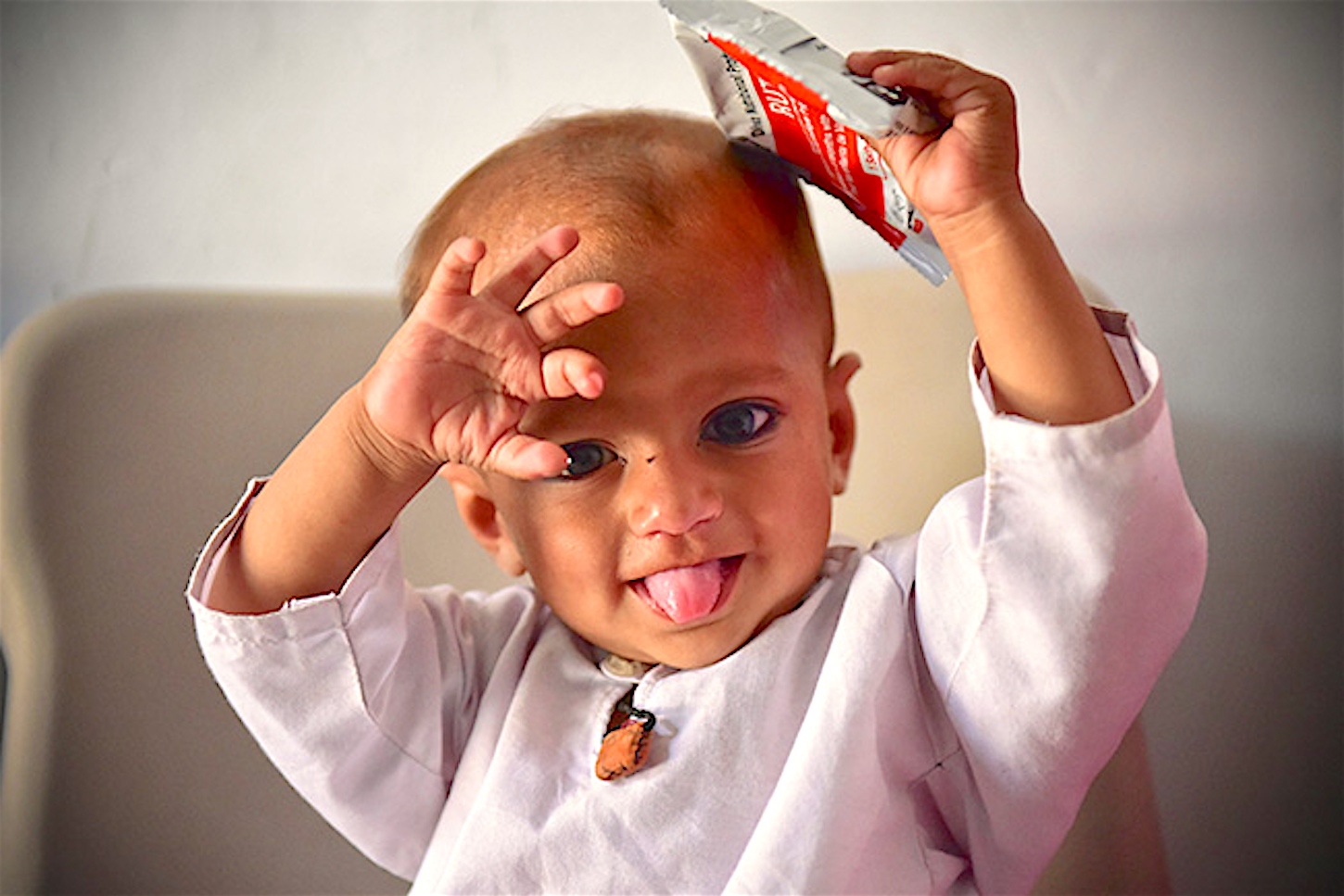 © UNICEF/UN025832/Malik
© UNICEF/UN025832/Malik
Children who suffer from severe acute malnutrition risk permanent damage to their brains and bodies. Younas — a 10-month-old boy from rural Pakistan diagnosed with this condition — was given ready-to-use therapeutic food (RUTF), a nutrient-rich peanut paste, at a UNICEF-supported clinic. RUTF packets come ready-to-serve and don’t require a doctor, water for mixing, or a refrigerator. Within two weeks, Younas began to recover. UNICEF is the global leader in RUTF procurement and helps spearhead a global movement, involving 57 countries, to end hunger and malnutrition. Learn more about Younas here.
